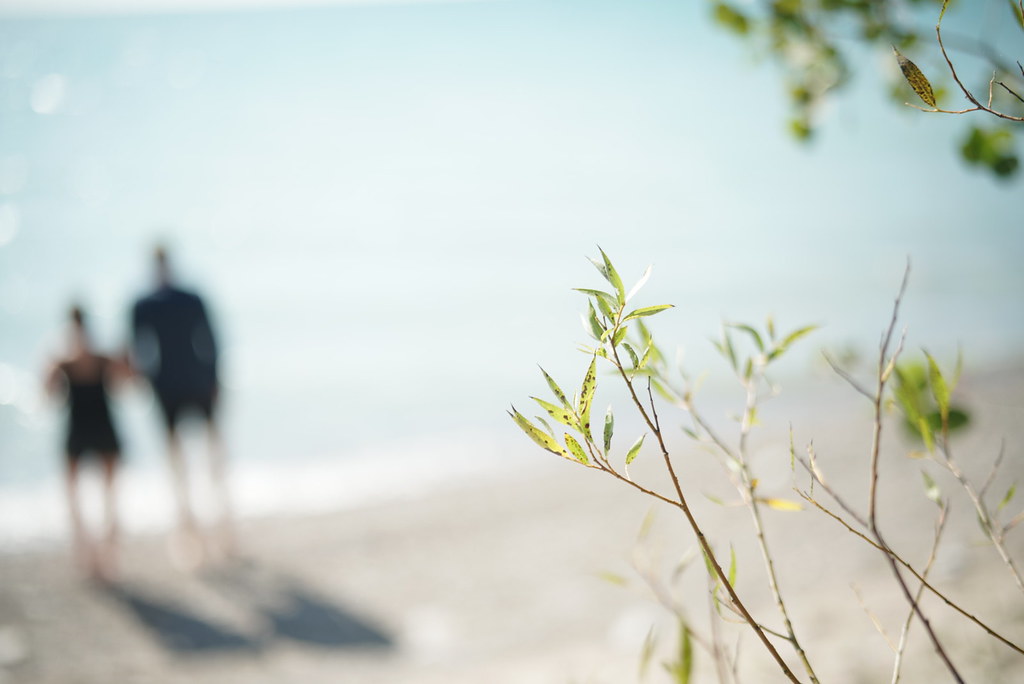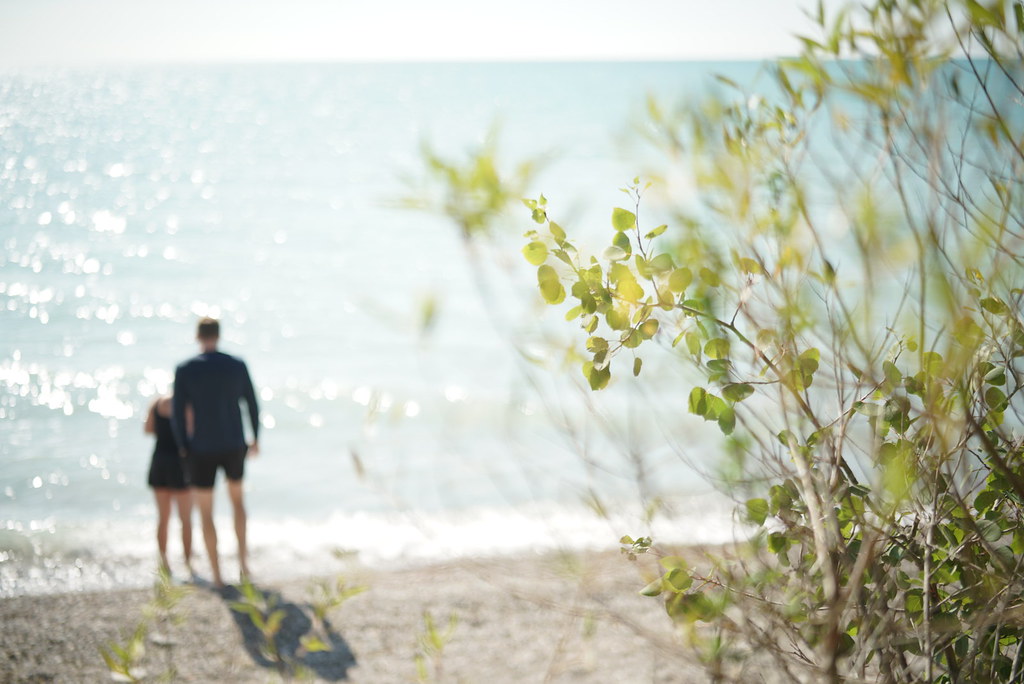This is a strange beauty in a broken world:
Shards make art.
On a sticky humid evening toward the end of one searing hot summer, I’m sitting at a table in a glorious circle of audacious friends, surrounded by blank canvases and bowls of broken glass.
We’re fingering the sharp edge of things, daring to brazenly trust all that’s broken, even at this hour, can be made into a mosaic of grace.






One friend leans lovely over bowls and picks out these particular shards of glass in greens and browns, to create a cowboy hat in glass, to crown her fearless dad for winning all her heart.
Another friend settles on creating a glass shard portrait of her pooch that will surely make her posse of kids all swoon happy.
What broke us into a singular beauty we couldn’t have been any other way?
These radiant fragments of glass move across canvases like what’s shattered can still find its place, like sharp chaos can still be shaped into some semblance of meaning.
Then a friend to my right throws it out there, nonchalantly and brilliantly out, asking the whole table of us:
“What part of your story was …. broken…. but if it had never happened … you wouldn’t be who you are today?”
I’m gathering blue bits of glass in my palm, like catching shards of crashing water.
You mean – What broke us into a singular beauty we couldn’t have been any other way?
You mean — what shard of broken glass has cut us deep, and in less than a blink of a nano-second, we’d do absolutely anything to change it —- but if we had never known it, we would no longer be us?
I open my hand and let all these indigos and cerulean blues spray across my frame.
And I can hear it, the hushed stories of countless women who have whispered to me in hallways and church foyers just this summer alone…
Our best selves can surface out of the worst seas.
If that shock diagnosis hadn’t razored us deep one unsuspecting Tuesday… I wouldn’t be who I am here now.
If my father hadn’t said what he did to my twelve year old self… yet it was the catalyst that’s still powerfully shaping my 41-year-old self …
If I hadn’t had to be the de facto parent to my little sisters when I myself was still a scared kid… nothing about me would be me now.
Is it possible:
Our best selves can surface out of the worst seas.




As my fingers keep moving pieces of broken glass across my canvas, I think of a granite gravestone etched with the letters of a name that I’ve run my fingers across countless times, like trying to decode the braille of heartbreak, to unlock the mysteries of pain.
There are deeply painful lines in our stories that we’d do absolutely anything to change – but then how would that change the story in other deeply painful ways?
I whisper my lost baby sister’s name out loud, her name that means beloved.
She’s my answer to that question – losing her is the horrific, traumatic heartbreak … that broke me into me.
My friend who asked the question, sitting there beside me working on her own art out of shards — her eyes find mine and she grabs my hand and steadies everything, “Yes, I know… I knew you would say that because it’s true.”
There are deeply painful lines in our stories that we’d do absolutely anything to change – but then how would that change the story in other deeply painful ways?
The thing you never wanted, can be the thing that makes you into more than you could have been any other way. The thing you’d do absolutely anything to change, can be what changes you into someone absolutely more like Christ.
The thing you’d do absolutely anything to change, can be what changes you into someone absolutely more like Christ.
The thing you most expressly would rewrite in your life, can be what most exponentially grows your soul.
As I slowly line up bits of the pieces of glass across my canvas, to outline the edge of the water meeting the shore, it’s another surprising outline that I see emerging:
You outline the hand of God when you line up the worst things that ever happened in your life, and then line up the best things – and then notice how many of the worst things are what begin these connecting lines that lead to the best things.
Holding a handful of blue shards, I pause.
This is one of the most powerful moments of meaning in my life.
Where evil means to disfigure us, God intervenes to transfigure us.
Our best selves can surface out of the worst seas.
In the face of our shattering – there’s an invitation to search for meaning, search for our reshaping and our remaking — because wouldn’t the other responses of addiction, aggression or attempting to end it all leave us never finding what we are ultimately searching for?
As I listen as each woman around the table shares about what shattered, and also powerfully shaped, and I’m struck all over again:
The hand of God never stops working our most formative grief into future grace.
Our hearts beat sure that the whole of our life has meaning – when we trust that especially every beat of our heartbreak holds meaning.
As Victor Frankl wrote, “The way in which a man accepts his fate and all the suffering it entails, the way in which he takes up his cross, gives him ample opportunity – even under the most difficult circumstances – to add a deeper meaning to his life.”
Accepting even great suffering is the way we accept even greater meaning. And the way we take up our cross – determines if we’re on the way that takes us into a life of meaning.



And around the table, as each woman is making her art, each woman shares the pain of a past life that has been part of making her present masterpiece. Without us wholly understanding, misery carries us into a holy mystery.
Of everything that anyone can tell us, suffering is the truest form of information, because it is the most formational. And suffering is the most formational because suffering and love form and inform each other.
And yet it never stops being true, what C.S. Lewis writes in The Problem of Pain: “Suffering is not good in itself. What is good in any painful experience is, for the sufferer, his submission to the will of God, and, for the spectators, the compassion aroused and the acts of mercy to which it leads.”
And when I lead the tip of my finger across the broken shards of glass painstakingly placed across my canvas, I can feel this kind mercy written in clear glass, a word hiding right where I’ve laid out the bits of glass to create a frothy white edge of waves meeting the sandy shore.
Expect nothing, but expect the hesed-loving kindness of God to be written into everything.
In the shards of everything, for those who choose to see the hidden mystery, there is the word: HESED.
And it’s right there, even when you can’t see it, written into everything, no matter what the pounding surf that is life, no matter what waves roll in, what storm hits, what shatters and breaks:
“Expect nothing but always expect hesed.”



Expect that written deep into what hurts is the redemptive ways of the the hesed-loving kindness of God.
Your God does not just merely let waves of sorrow give way to waves of joy – your God promises to actually turn your ocean of ache into an ocean of grace.
“Expect God to knock at your door, expect God to rise on your horizon, expect hope and mercy and miracles and a glass of cold water, but just don’t expect God to come looking any way you expect. Expect nothing but hesed, the lovingkindness of God—just not in the kinds of ways you’d ever dreamed. Pain will come, but name it a mystery, and find manna in it, and taste bits of miracle even in what you can hardly stand and don’t understand,” I’d written it on the pages of WayMaker, and here I am still learning to live it on the canvas of my story.
Expect nothing, but expect the hesed-loving kindness of God to be written into everything.
I run my fingertips again across the almost invisible word, hesed, that’s hidden in plain sight and I can feel how to decipher all the busted bits of what is our life:
God promises nothing less than “your sorrow will turn into joy” (John 16:20).
Your God does not just merely let waves of sorrow give way to waves of joy – your God promises to actually turn your ocean of ache into an ocean of grace.









I look around the table at all these faces of soul beautiful women finishing their shard art, a visible gallery of grace. Nothing changes you quite like taking the time to trace the sharded parts of your story and witness this remaking into refractions of grace.
Because God is making into grace what doesn’t yet make any sense — you are going to make it.
I already know right where I’ll hang my broken-glass canvas there by my desk.
What if I dared, on my hardest days, to know there’s always the possibility to see the mystery of the hesed-lovingkindness of God hiding in every shattered, heart-breaking moment?
Our best selves can still surface out of the worst seas.
Because God is making into grace what doesn’t yet make any sense — you are going to make it.
When I hang the piece of shard-art on the wall when I get home, sometimes the light catches just a certain way — and I catch a glimpse of how a hidden hesed is written into the edges of everything.

How do you navigate changes and find the way through transitions…. and lean into the life you’ve always dreamed of — and trust that it’s not too late for your life to be made into a masterpiece of art?
How do actually practically find way to still…. to live out a life of interior stillness in the midst of change and whirling storms —and stay centered on what is central to be steadied and strong?
What does it personally look like to form your mind, your days, your life, into the deeply meaningful, cruciform love of Jesus and let God love you in the ways He deems good and best?
What does it powerfully look like to have a new way of life, a new way of being that rests fully in the hesed lovingkind ways of God — especially now?







